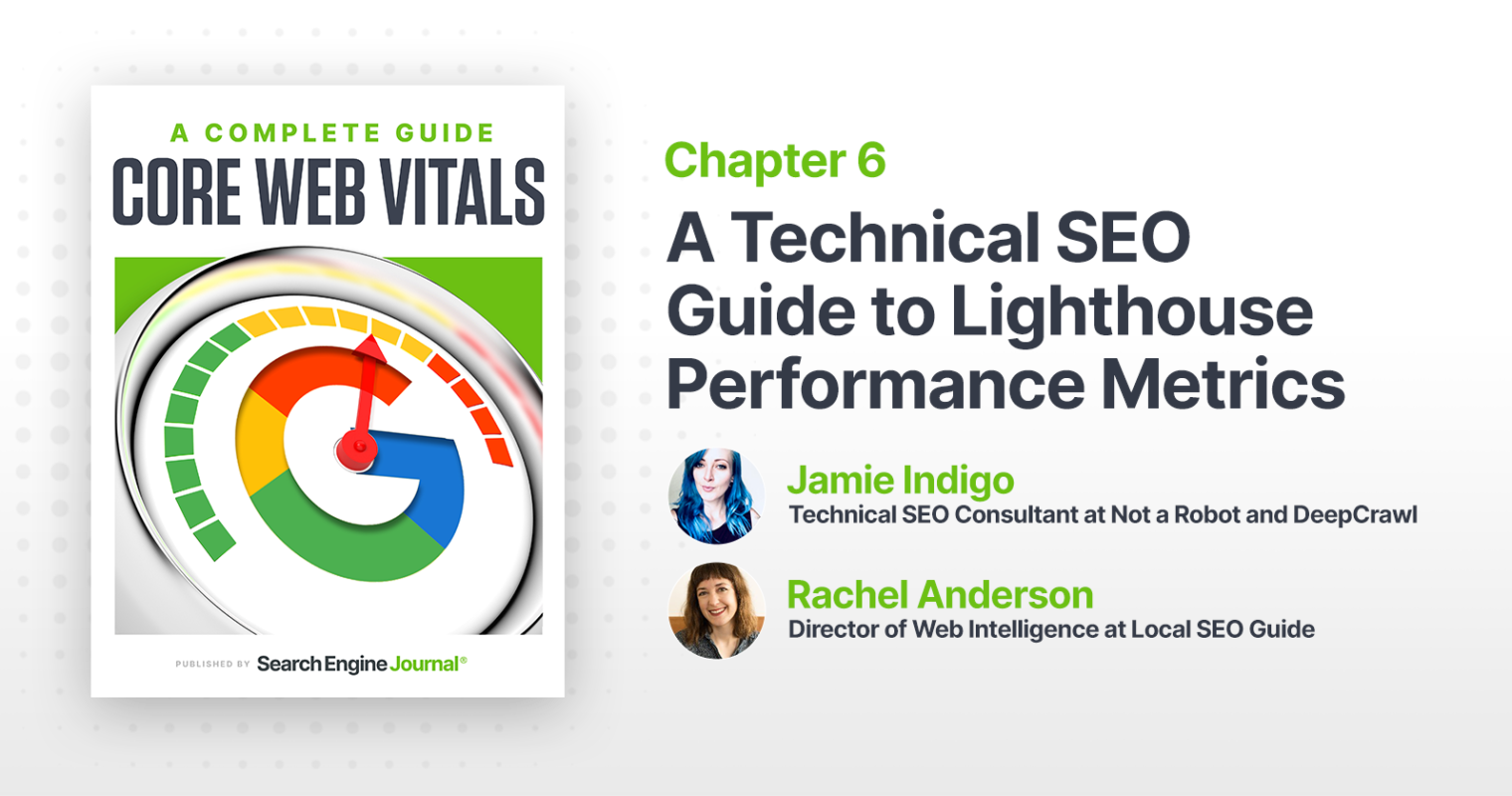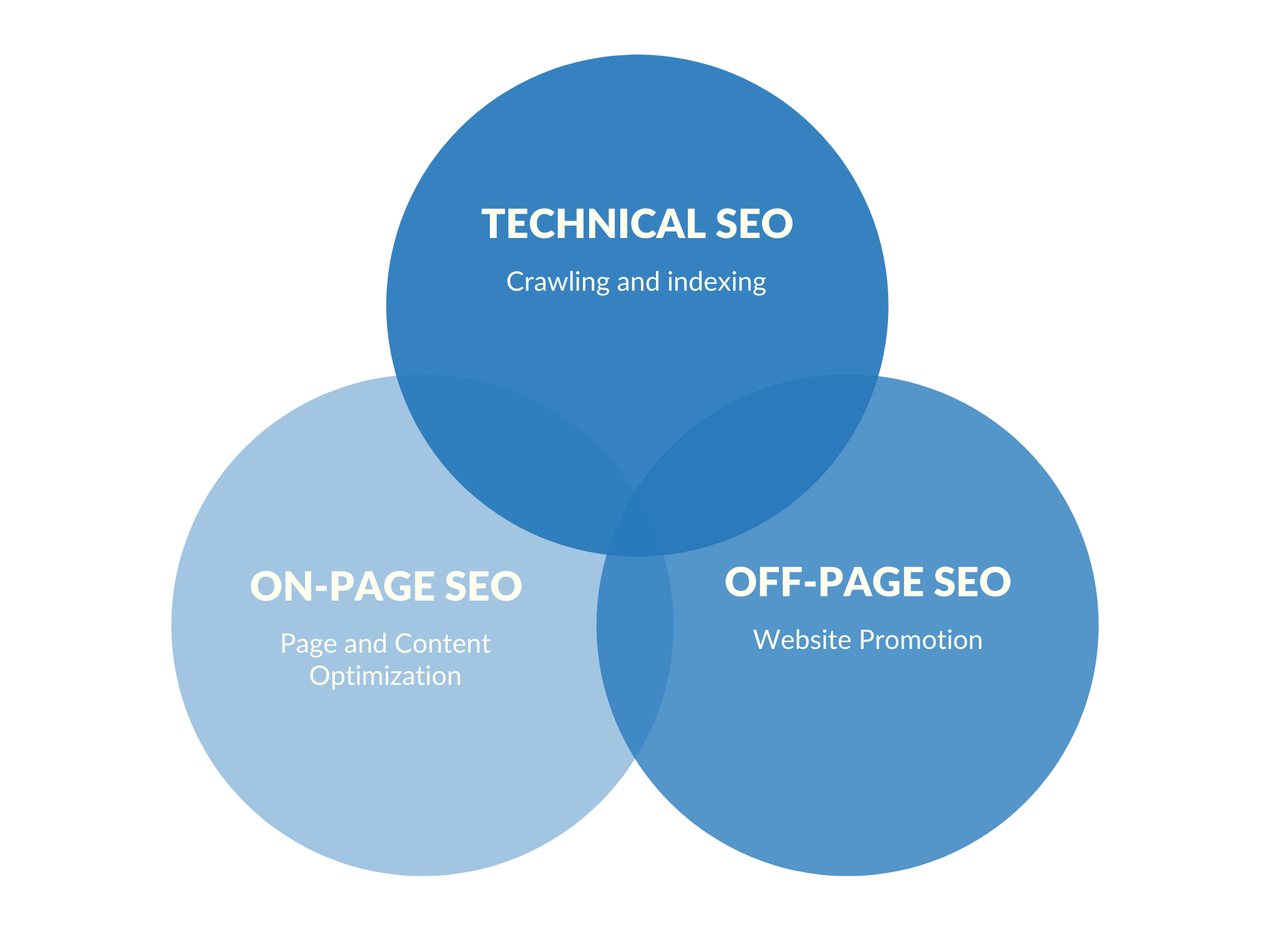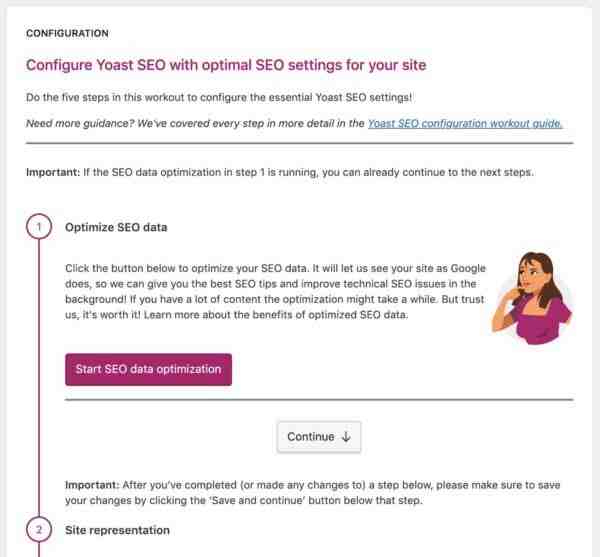LONDON, May 16, 2022 (GLOBE NEWSWIRE) — Technical search engine optimization (SEO) is essentially the foundation of your SEO strategy – without it, all efforts fail. In short, technical SEO helps your website get crawled and indexed by search engines, which helps drive more traffic to it and keeps users there longer.
To ensure success, it is important to optimize your website not only for speed, but also for user-friendliness and functionality. Although technical SEO is not as time consuming as other ongoing optimizations e.g. So you might be wondering – what are the benefits of Technical SEO? In this post, we discuss some key elements and why they are important.
1. It helps get better rankings
Technical SEO helps improve your website’s ranking for your target search keywords and phrases and helps you drive more traffic to your landing pages. With a clear website structure, Google can efficiently index and display content, which supports and improves your organic rankings.
In the same way, Google prefers improving page speed. By ensuring webpages load quickly, these sites are preferred much more than competitor sites that have not considered page speed as an important ranking factor. Overall, technical SEO can support website conversions and help you identify and solve roadblocks that prevent users from navigating through the website and allow us to modify them to achieve the best CRO results.
Page speed is considered an essential ranking factor by Google and to improve it, technical SEO is key. A fast-loading website is more likely to get a better search ranking, and a poorly performing website will only increase the bounce rate, resulting in fewer conversions.
However, there are other factors that contribute to a poorly performing website: images that are not well optimized, lack of content compression, pages with too many CSS image requests, and complicated page templates with too many plugins. A faster-loading page will boost your ranking on Google.
By implementing structured data/schema markup, we can signal search engines in more detail what a page is about, gain rankings and present it more effectively (e.g. through rich snippets). Additionally, mobile usage is outpacing desktop usage for searching search engines, so a mobile-friendly, technically sound website will help support the mobile user experience. Google gives clear messages that a responsive website is an important ranking signal through its algorithms. Therefore, a flexible website is more important than ever due to Google’s mobile-first strategy for indexing information.
There are a few things that can be done to ensure your website loads faster. These include using fast hosting, minimizing HTTP requests, and using multiple CSS style sheets. Make sure to reduce the size of your image files as much as possible and compress your web pages by removing unnecessary spaces, line breaks, or indentation in your HTML, CSS, and JavaScript.
3. Helps to eliminate duplicate content
Do you use canonical URLs? Canonicalization is the best way to eliminate duplicate content in URLs. It’s the process of choosing a preferred URL when there are multiple choices for a single page. You want to avoid duplicate content. Regular technical audits allow us to mitigate the risk of duplicate content.
If you have the same content on multiple pages of your website, the search engine will penalize the website. To avoid duplicates, you need to distinguish one page from the other using the heading tags, title, and meta description.
Different URLs can display the same content due to technical reasons and you won’t even know there is a problem. It doesn’t make any difference to a visitor, but to the search engine, she sees the same content on a different URL. With the Yoast SEO plugin, you can easily set a canonical URL for each page. And to make it easier, Yoast SEO also adds self-referencing canonical links to all your pages. This helps avoid duplicate content issues that you might not otherwise have known about. There is also a chance that you have duplicate content from another website. Unfortunately, the bots can’t figure out who plagiarized, so Google will penalize you both.
4. You can set up structured data
Structured data is important to your website, especially when it comes to performance. In short, structured data markup is the code you add to your website to help search engines better understand the content. This information can help search engines better index your site and provide more relevant results. Structured data also improves search results by providing “rich snippets”; For example, structured data can be used to add stars to ratings. Because they’re more visually appealing and immediately highlight useful information for searchers, these improved results can increase your click-through rate (CTR) and drive additional traffic to your website. Adding structured data to your website is worthwhile, as websites with higher CTRs are generally favored by search engines.
5. Helps to find site structure problems
Another important factor is internal links to deep pages. Ideally, pages should be no more than three clicks deep within your website. If this is the case, then you need to put some effort into flattening the structure of your website. It’s as basic as the fact that the deeper a page gets, the less likely it is for humans or search engines to find it. Pages that require more than three clicks to access are flagged in the Issues section of your site audit report.
In addition, it is important to validate your XML sitemaps. An XML sitemap is a file that contains all of the pages and articles on your website. It contains the titles as well as the publication date and the last updated date. When crawling a website, search engines can use the XML sitemap as a guide.
Hopefully this guide has helped you understand the benefits of technical SEO. If you need more customized assistance, you can get in touch with SEO specialists here.
The Brains is a leading digital marketing agency in London, focused on strategies that deliver unbeatable ROI and long-term business success. The Brains offers SEO, content marketing, lead generation, and PPC services, among others.
Source: https://thenewsfront.com/5-benefits-of-technical-seo-guide-to-technical-seo-and-why-its-important-for-your-website/
What are the technical SEO best practices?
Contents

Then add these 7 technical SEO elements
- Apply SSL. …
- Decrease website load time (desktop and mobile)…
- Fix 404 errors or broken pages and links. …
- Eliminate mixed content problems. …
- Eliminate duplicate content. …
- Discard toxic backlinks. …
- Create and submit an XML sitemap.
What is a technical SEO checklist? Technical SEO is an integral part of any SEO strategy, so the website must meet all search engine recommendations. The technical audit checklist includes several aspects to analyze and classify the technical parameters of the content and structure of the website.
What is the factor in technical SEO?
Technical SEO factors help improve a website’s features to improve the ranking of its web pages in the SERPs. Technical SEO is an element of on-page SEO and refers to all optimization activities except for content optimization and link building.
What’s technical SEO?

Technical SEO refers to website and server optimizations that help search engine spiders crawl and index your website (to improve organic rankings) more effectively.
What is the difference between onpage SEO and technical SEO? As explained by Neil Patel, technical SEO refers to any SEO work done alongside the content itself. Meanwhile, on-page SEO means all the things you can do on your website/content, while off-page SEO of course means everything beyond that.
What is technical SEO example?
Another example of technical SEO would be creating an XML sitemap for your website. The first big step in creating a technical SEO strategy is setting up your website correctly so that every page works as it should. Google (and other search engines) crawl this file to better understand your site.
What is a technical SEO?
Technical SEO refers to improving the technical aspects of a website in order to improve the ranking of its pages on search engines. Making a website faster, easier to crawl and understandable for search engines are the pillars of technical optimization.
Which SEO is known as technical SEO?
Technical SEO is part of on-page SEO that focuses on improving elements on your website to achieve higher rankings. It’s the opposite of off-page SEO, which is all about generating exposure to a website through other channels.
What is main aspect of technical SEO?

Technical SEO is the process of ensuring that a website meets the technical requirements of modern search engines with the goal of achieving improved organic rankings. Important elements of technical SEO are crawling, indexing, rendering and website architecture.
What are the 3 main areas of SEO? We’ve covered the three basic parts of SEO: Technical SEO, Content/Relevance SEO, and Promotional/Authority SEO.
What is the purpose of technical SEO?
Technical SEO is important as it essentially ensures that your website is easy to navigate and free from technical issues that prevent it from being understood and ranked by search engines. You should implement technical SEO to attract organic traffic and convert that traffic into customers.
Which SEO is known as technical SEO?
Technical SEO is part of on-page SEO that focuses on improving elements on your website to achieve higher rankings. It’s the opposite of off-page SEO, which is all about generating exposure to a website through other channels.
What is technical SEO example?
Another example of technical SEO would be creating an XML sitemap for your website. The first big step in creating a technical SEO strategy is setting up your website correctly so that every page works as it should. Google (and other search engines) crawl this file to better understand your site.
Which SEO is known as technical SEO?
Technical SEO is part of on-page SEO that focuses on improving elements on your website to achieve higher rankings. It’s the opposite of off-page SEO, which is all about generating exposure to a website through other channels.
What is technical SEO example?
Another example of technical SEO would be creating an XML sitemap for your website. The first big step in creating a technical SEO strategy is setting up your website correctly so that every page works as it should. Google (and other search engines) crawl this file to better understand your site.
How many types of SEO are there?

The three types of SEO are: On-Page SEO – Everything on your web pages – blogs, product copy, web copy. Off-page SEO – Anything that happens outside of your website that helps with your SEO strategy – backlinks. Technical SEO – Anything technically done to improve search ranking – Page indexing to help bot crawling.
What 2 types of SEO are there? So the different types of SEO are: Technical SEO. OnPage SEO. Content SEO.



